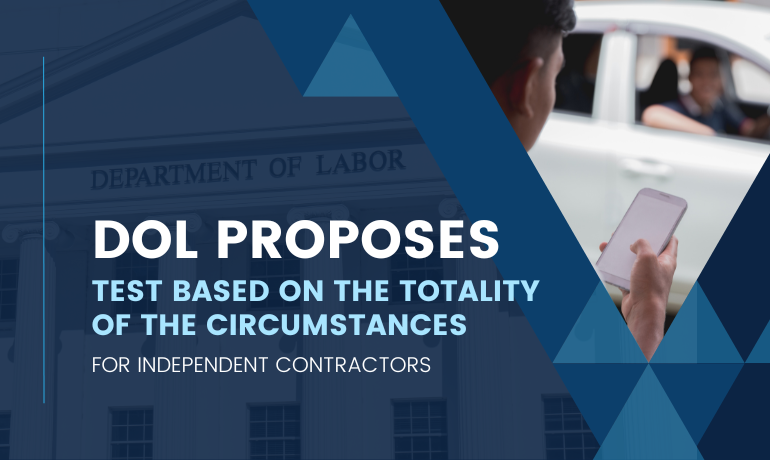1. Be Consistent
Make sure your company’s background check process is consistent across all departments. This includes what’s in your background check, at what point in the hiring process you run it and how you handle the results. While different types of positions may require different checks, have a standard for what positions require what reports. This not only makes things easy for you, i.e. executive candidates get background check package number three, but it also prevents discrimination allegations and mistakes.
2. Get Everyone on the Same Page
Everyone from the hiring manager to the applicant should have a full understanding of every step in the process to prevent snafus and lawsuits like Wills v. Starbucks. Keeping applicants informed along the way is a major trend in on-boarding as it sets the tone of the relationship between employee and employer.
3. Compliance
Stay familiar with the Fair Credit Reporting Act as well as federal, state and local legislation to keep your policy compliant. “Ban the Box” and salary history are hot topics at the moment, and the laws regarding them are changing almost daily all over the country.
4. Get Authorization
Your company may have its own background check authorization forms your applicants fill out or you may use True Hire’s forms, but make sure what you’re using is up to date. Most importantly, confirm that your applicant has completed and signed all necessary forms.
5. Review What’s Included in Your Background Check
Most basic packages include a Social Security Number Trace and check a national criminal database (True Hire has TrueCrim). These are great places to start but may miss something. County Criminal Searches go to the source to check for records. An Alias Name Search will make sure there aren’t hidden records under a previously used name. Employment and Education Verification’s confirm an applicant’s credentials. While you may not need all of this, reviewing and understanding what you are checking for is imperative.
6. Use Individual Assessment
In the event someone does have a criminal record, you should practice individual assessment. Basically, you have to give them a chance to explain the record and the circumstances surrounding it and take this information into account before making a final hiring decision.
7. Adverse Action
If you decide not to hire someone based on something discovered in his or her background check, you must follow the adverse action process. This involves multiple letters and allowing the applicant a chance to dispute the findings. True Hire offers a self-service and full-service option through our web portal to help you stay compliant.
Do you have questions or concerns about your background check process? Do you need to double-check what’s included in your package? We’re here to help! Email us at clientservices@true-hire.com or call us at 800-262-7301.




